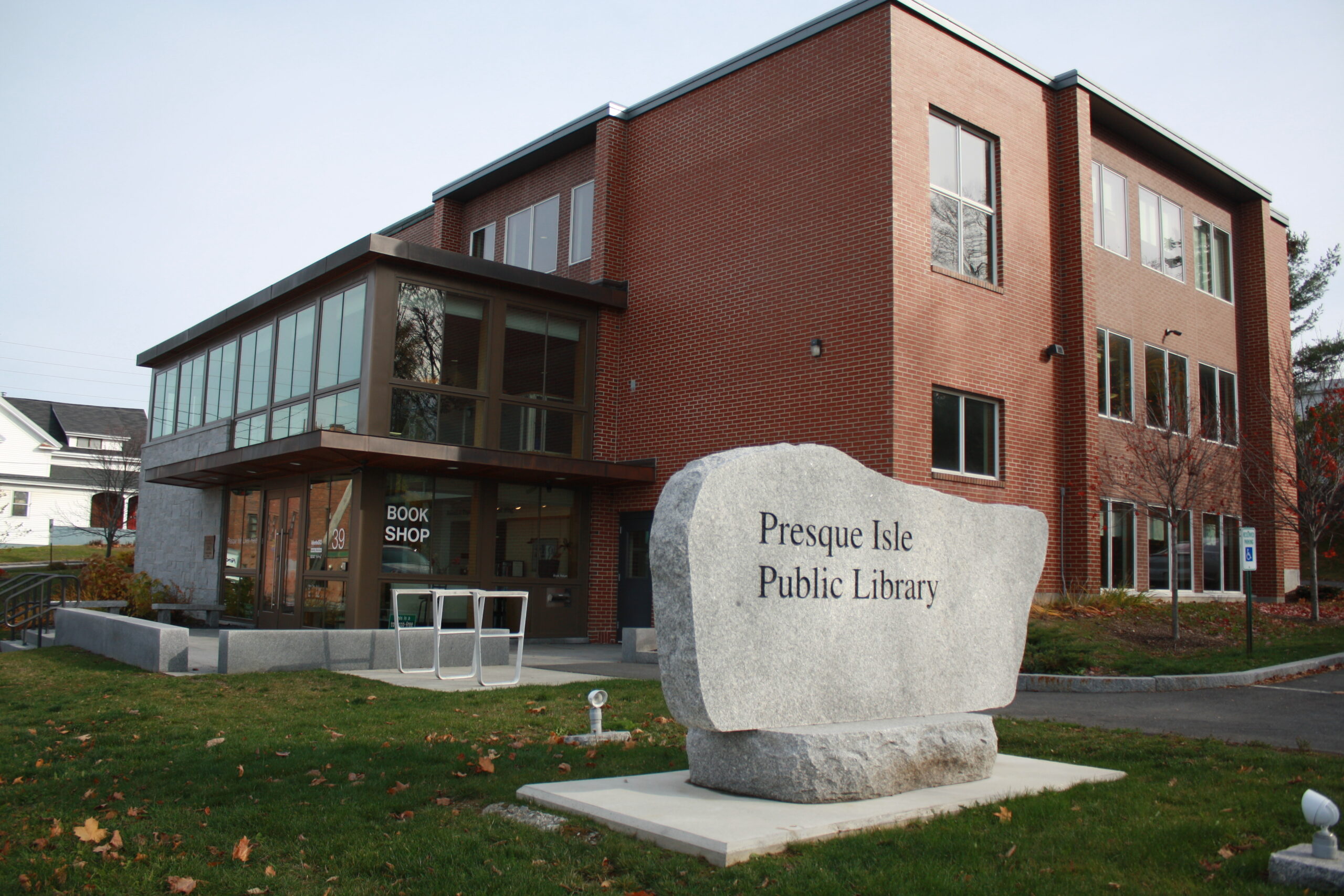
PRESQUE ISLE, Maine — The Mark and Emily Turner Memorial Library has joined numerous libraries across the nation that have chosen to no longer charge patrons fees for overdue books and other materials.
Library director Sonja Eyler cited a resolution brought forth by the American Libraries Association as the initial inspiration for the Presque Isle Library board of trustee’s discussions on the value of late fees. On Jan. 27, 2019, the ALA passed a resolution stating that late fees create barriers to library services and “absorb valuable staff time” to collect and manage fees. The organization recommends that libraries consider eliminating fees to increase patronage and access to services.
The Presque Isle City Council voted unanimously on Oct. 7 to allow the library to eliminate their own late fees, for reasons that are similar to the ALA resolution.
“Libraries across the country have found that patrons would rather not come to the library at all for fear of facing fines,” Eyler said.
In the past the library charged a fee of 10 cents per day for overdue books and materials. Last year the library earned $1,000 from late fees.
Late fees took up a small amount of the library’s annual revenue, which Eyler estimates is around $24,000. With the average cost of a book being $15 to $30, the library trustees came to believe that late fees did not generate enough revenue to make up for the costs of expanding their collections.
Although late fees have been a consistent aspect of libraries for decades, Eyler noted, there has been increased focus on how such policies could lead to further social inequality in rural communities. While some households might be able to afford late fees, those of lower incomes could feel forced to eliminate visits to the library entirely.
“If you’re struggling financially even spending a small part of your family’s income might not be reasonable,” Eyler said. “We spent a lot of time discussing the matter and found that fees negatively impacted the elderly as well as our poorest citizens.”
Eyler said that she and library staff members have already heard from patrons who have expressed support for the decision to eliminate late fees. She anticipates that, like many libraries across the country, the library will see its number of regular patrons increase as well as the number of folks who willingly return materials in a timely manner.
“Since the library is a community space, it made sense for us to take a closer look at our policy and whether it unintentionally punished people who couldn’t pay fees,” Eyler said. “The overwhelming responses from patrons has proved that we were correct in changing course.”







